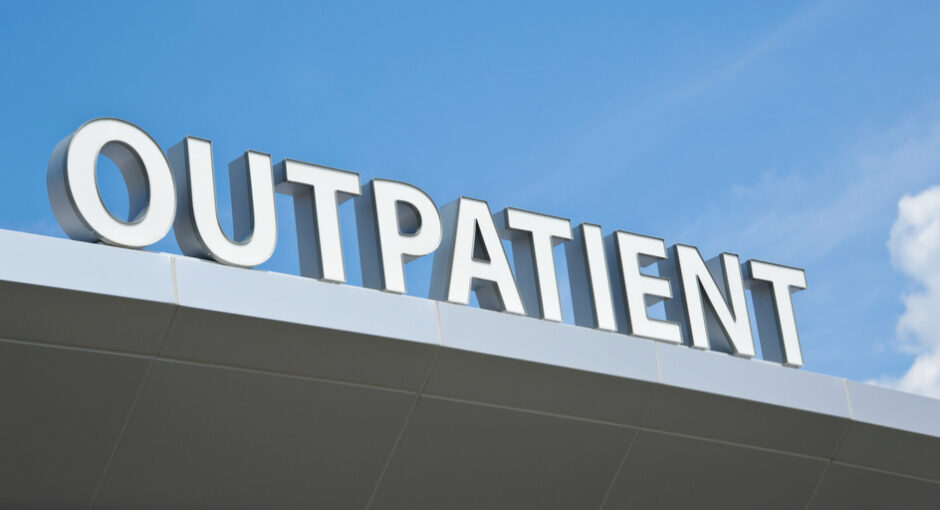Eighty percent of all hospitals in Medicare’s outpatient prospective payment system—including 52% of all 340B hospitals—would see their net OPPS payments decline next year if Medicare ends a nearly 30% cut in 340B hospitals’ drug payments that began in 2018, a new study found.
Avalere Health released the analysis Wednesday. Avalere’s analysis was funded by the Community Oncology Alliance, the trade association for cancer physicians in private practice. It did a similar study in 2018 for COA. COA says hospitals’ access to 340B discounts helps drive private oncology practices out of business. Hospitals say the closures are part of a wider trend of physicians quitting private practice and improved cancer care patient outcomes in hospital settings. More than three dozen biopharmaceutical companies are COA corporate members.
The U.S. Supreme Court ruled unanimously in June that a reduction in 340B hospitals’ Medicare Part B drug reimbursement from average sales price plus 6% to ASP minus 22.5% was illegal. The decision affected the cuts for 2018 and 2019 only. Litigation continues over the legality of the cuts from 2020 to the present and how to remedy all five years of illegal payment reductions, including this year’s.
This Tuesday, Sept. 13, is the due date for comments on the Centers for Medicare & Medicaid Services’ OPPS proposed rule for 2023. The final rule is expected to be issued in early November. CMS said in July in the proposed rule that its expects in the final rule to restore the drug payment rate for 340B hospitals to ASP plus 6% next year and make a corresponding decrease in non-drug payments to all hospitals in OPPS.
Hospitals groups say that in fashioning a remedy for the Part B cuts from 2018 through 2022, CMS should not financially punish all hospitals in OPPS to make 340B hospitals that were subject to the cuts whole for their losses.
The American Hospital Association yesterday said it had no comment on Avalere’s analysis.
Avalere said it found that if CMS “reverses the 340B drug payment reductions next year and offsets that reversal by reducing reimbursement across other (non-drug) services, 80% of all hospitals will experience a net decrease in payment.”
“Specifically, 86% of rural, 79% percent of urban, 99% of non-340B, and even 52% of 340B hospitals will see a reduction in total OPPS payments,” Avalere said.
340B hospitals would see a 1.11% increase on average and non-340B hospitals a 2.95% decrease, the analysis found. Among 340B hospitals, disproportionate share hospitals would see a 1.75% increase on average. “However, these benefits tend to flow to larger disproportionate share hospitals while smaller disproportionate share hospitals (those with < 100 beds) will face only a modest average pay increase,” Avalere said. “Rural referral centers are estimated to experience a 1.1% reduction on average, while sole community hospitals would see a 2.3% decrease in Medicare Part B payment on average compared to maintaining current reimbursement levels.”
Avalere has conducted a series of papers for the drug industry-led group Alliance for Integrity and Reform of 340B (AIR 340B) on 340B hospitals’ provision of charity care, the most recent in February. 340B hospitals say focusing narrowly on their charity care ignores the other costs they shoulder and the other ways they serve communities.


